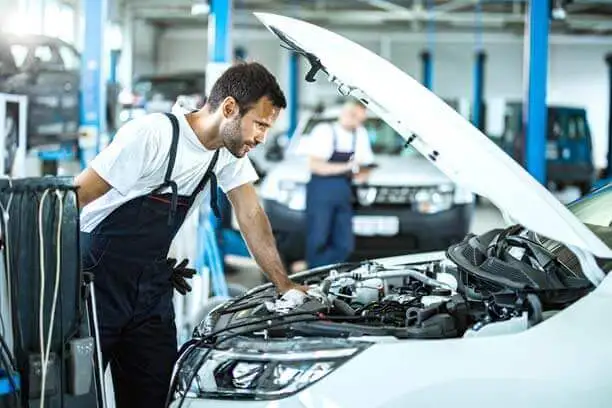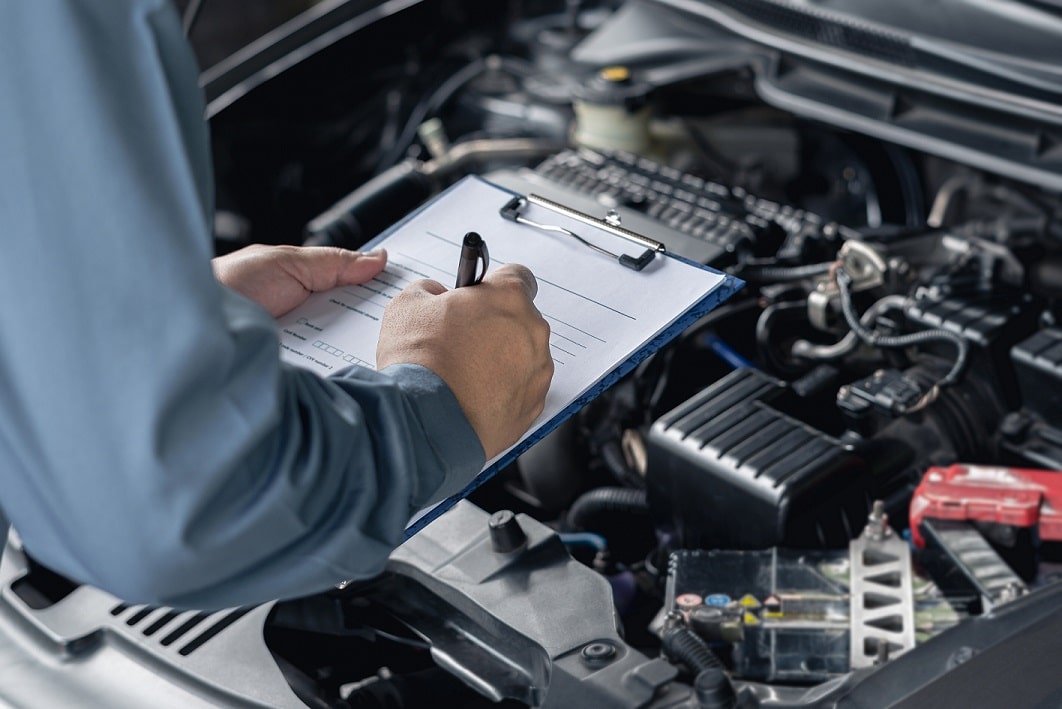All Categories
Featured
When your automobile experiences a significant malfunction, the expense of repair services can be an overwhelming financial consideration. Whether it's the failure of an important system like the engine or transmission, or the need for substantial fixings to numerous parts, understanding the elements that affect repair service costs can help you make more enlightened choices. Listed below, we outline the vital variables that contribute to the price of significant cars and truck repair services.
![]()
![]()
![]()
Final thought. A number of aspects influence the cost of major auto repair work, consisting of the type of repair, the make and model of your lorry, the high quality of the components made use of, labor fees, and the degree of the damages. Comprehending these aspects can aid you make even more educated choices and plan for the financial ramifications of cars and truck repair work.

- Sort of Fixing. The main factor affecting the expense of vehicle fixings is the sort of concern your car is experiencing. Some repair services are more straightforward and affordable, such as changing a battery or alternator. Nonetheless, other repairs, like fixing a malfunctioning transmission or attending to an extreme engine problem, can be even more pricey because of the intricacy and specialized labor required. Specific systems in an auto, like the engine or transmission, need even more time to detect and repair, which straight equates into higher labor fees. In addition, some issues, such as electrical issues or air conditioning malfunctions, could entail repairing that increases the general cost.
- Car Make and Model. The make and design of your lorry plays a significant duty in figuring out repair service costs. Luxury cars and high-performance automobiles like BMWs, Audis, or Mercedes-Benz often tend to have greater fixing costs due to the fact that of their specialized components, advanced modern technology, and the know-how required for their fixing. The accessibility of parts can likewise enhance the rate; components for rare or foreign models are often more costly to source than those for domestic cars like Ford or Chevrolet. Furthermore, some lorries, specifically those with innovative or unique systems, might require specific auto mechanics or devices, contributing to the overall fixing cost.

- Components Top Quality and Accessibility. The top quality of the components utilized in the repair considerably influences the expense. Because they are designed particularly for your lorry and are guaranteed to satisfy factory requirements, original Tools Producer (OEM) components are usually much more costly than aftermarket parts. While OEM components make certain quality and durability, they typically include a greater price. Aftermarket parts might be much less expensive however can differ in quality. In many cases, less expensive aftermarket components may decrease the overall repair work cost, yet they may not offer the very same longevity as OEM components, which can result in additional repair work down the roadway. The availability of components, especially for older or rare lorries, can additionally impact the price. If parts are challenging to find, it may take longer to finish the fixing, bring about greater labor costs.
- Labor Costs. When it comes to vehicle fixings, labor is one of the largest costs. Technicians typically charge by the hour, and fixing times can vary relying on the complexity of the concern. Some repair work, such as engine overhauls or transmission repairs, may require several hours or perhaps days of labor, significantly raising the complete cost. Labor prices additionally depend on the place of the service center-- technicians in city locations or high-demand locations might bill higher rates due to the cost of living and expenses. In addition, specialized repairs for complex systems may require even more knowledgeable professionals, whose per hour rates tend to be higher.
- Degree of the Damage. The degree of the damages is one more essential element affecting repair service prices. If the damage is restricted to one component of the automobile, such as a busted alternator or faulty brake pads, the fixing will generally be more economical. If the problem is much more severe and affects several systems, such as a transmission failing that likewise damages various other elements, the price will certainly increase. Extensive damages may additionally need the replacement of numerous parts, which enhances both the expense of parts and labor.
- Car Age and Condition. The age and total problem of your vehicle play a substantial duty in the price of fixings. Older vehicles are most likely to experience wear and tear, leading to even more constant and possibly a lot more costly repair services. As automobiles age, specific components, such as the suspension or exhaust system, might end up being extra vulnerable to failing. On top of that, finding parts for older models can be pricey and tough, especially if the supplier no more creates those parts. Properly maintained vehicles often tend to have reduced fixing prices because their systems are in far better functioning condition, needing fewer and cheaper repair work.
- Shop Area and Track Record. The repair service store you select can also influence the price of your repairs. In addition, repair service shops that specialize in certain brand names or kinds of repair work may charge extra for their competence.

- Guarantee and Insurance Coverage Insurance Coverage. If your automobile is still under warranty, significant repair work might be covered, which can significantly decrease your out-of-pocket costs. Furthermore, if the damage is triggered by a crash or exterior factor, your car insurance could cover the repair prices, less any kind of deductible.
Final thought. A number of aspects influence the cost of major auto repair work, consisting of the type of repair, the make and model of your lorry, the high quality of the components made use of, labor fees, and the degree of the damages. Comprehending these aspects can aid you make even more educated choices and plan for the financial ramifications of cars and truck repair work.
Latest Posts
Picking the Right Venue: What to Think about for Wedding Celebrations, Conferences, and Events
Published Mar 19, 25
1 min read
Selecting the Right Venue: What to Take into consideration for Weddings, Seminars, and Events
Published Mar 17, 25
1 min read
The Boogaloo Sports Bar & Grill at FunCity Hotel Hotel: Where Fun Satisfies Taste
Published Feb 06, 25
1 min read
More
Latest Posts
Picking the Right Venue: What to Think about for Wedding Celebrations, Conferences, and Events
Published Mar 19, 25
1 min read
Selecting the Right Venue: What to Take into consideration for Weddings, Seminars, and Events
Published Mar 17, 25
1 min read
The Boogaloo Sports Bar & Grill at FunCity Hotel Hotel: Where Fun Satisfies Taste
Published Feb 06, 25
1 min read